Real Madrid’s financial situation has been significantly impacted by multiple factors.
First, the new Bernabéu stadium operates with an extensive revenue plan, which includes income from football matches and concerts. As a European football giant, Real Madrid relies heavily on revenue from ticket sales for home games and broadcasting rights.
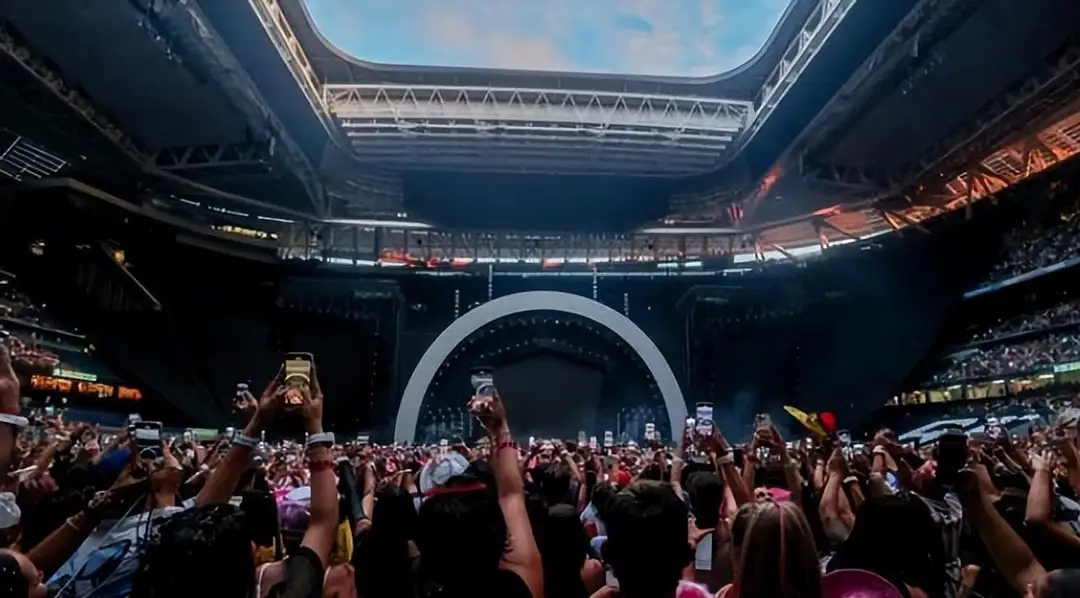
For example, during UEFA Champions League matches, ticket prices vary by seat location, averaging between €100-€300. A sold-out Champions League match brings in substantial revenue from ticket sales alone. In terms of broadcasting rights, Real Madrid’s influence in European football allows it to secure a large share of Champions League broadcast revenue, earning potentially tens of millions of euros per season.
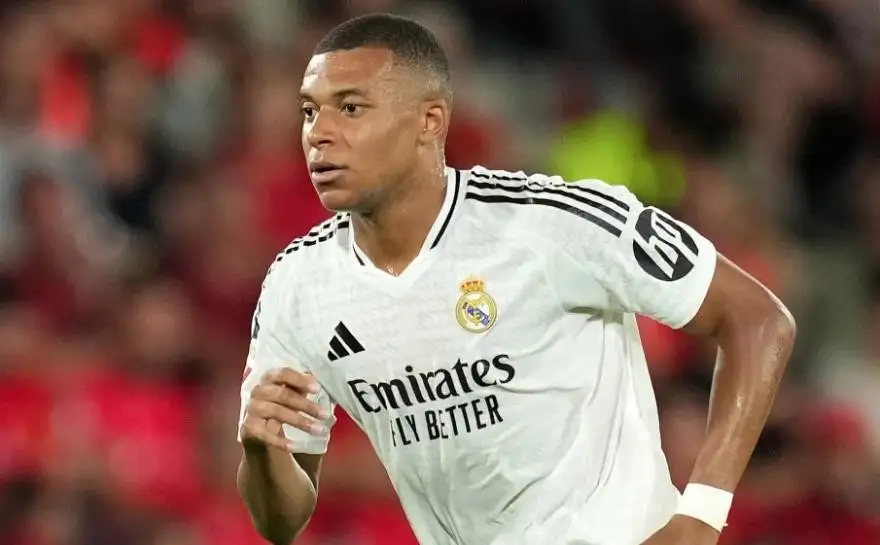
Concerts also play a vital role in the Bernabéu’s revenue plans. According to data, a large concert held at the Bernabéu can generate millions of euros through venue rentals and ticket revenue sharing. However, noise complaints have led to a suspension of stadium concerts. Located in the city center, the Bernabéu is surrounded by residential areas, and the noise disrupts residents. Local environmental regulations require noise levels to remain below certain decibels, meaning concerts had to be halted, leading to a significant loss of expected income from these events.

Additionally, bringing in a superstar like Mbappé has increased operating costs. While his exact transfer fee remains uncertain, it’s likely to be massive by today’s top-player standards. His salary is also expected to be very high, with some reports suggesting it could reach tens of millions of euros annually. This creates a significant financial burden for Real Madrid in terms of transfer costs and salaries.
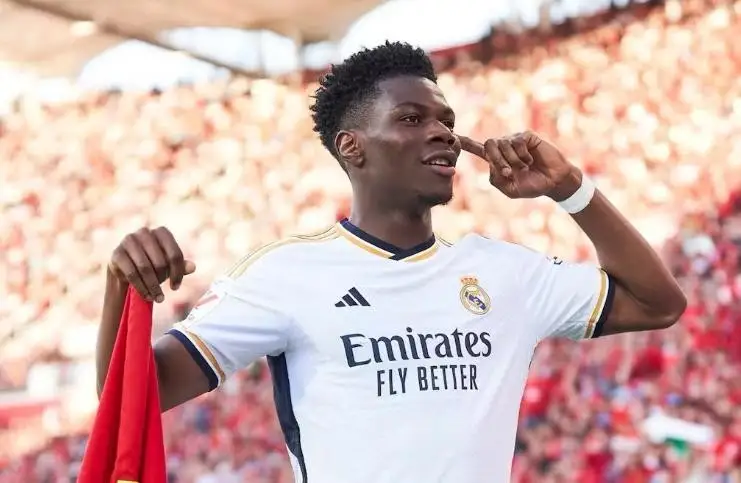
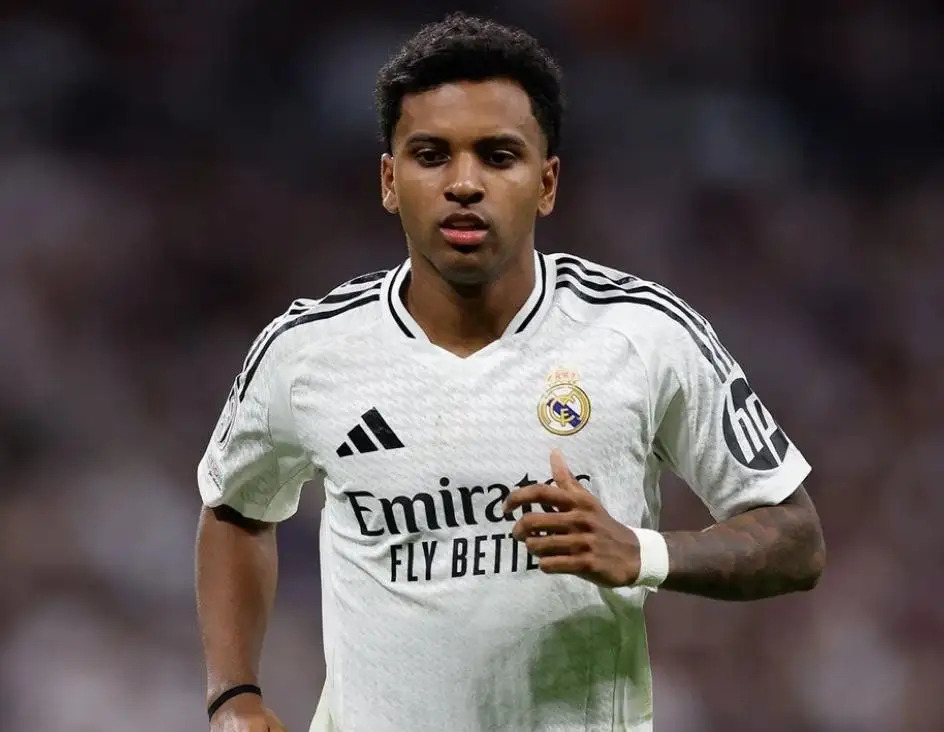
Planning a Rebuild
Facing financial gaps, Real Madrid is working on a rebuilding plan. The club aims to address this shortfall by selling players. In this plan, Mbappé is viewed as the core player and is considered non-transferable.
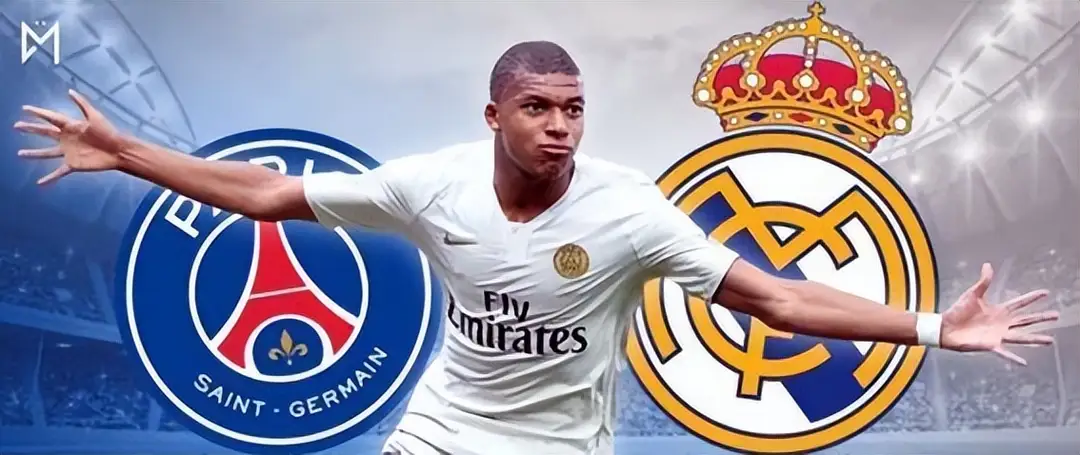
Mbappé’s skill level is evident; his speed, shooting ability, and power make him one of the best in the world. His presence would greatly enhance Real Madrid’s attacking line, which is why he’s seen as the central figure in the club’s future strategy.
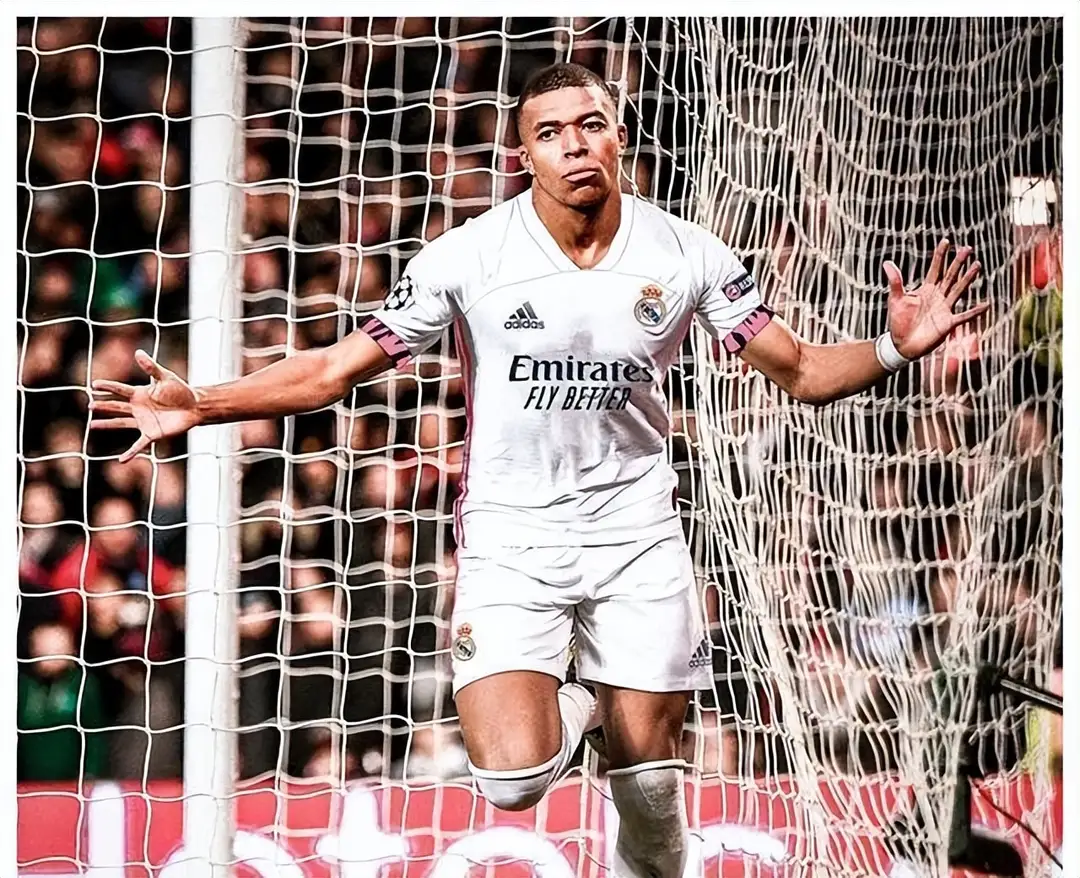
However, other top players may be available for sale, based on financial and tactical considerations. While Real Madrid has many stars, financial pressures mean they must weigh each player’s value against the cost of keeping them. Some high-profile players contribute significantly on the field, but from a financial perspective, selling them at the right price could generate much-needed funds.
Potential Player Sales
Among several players, Aurélien Tchouaméni and Rodrygo could be sold. Tchouaméni, a promising midfielder with solid defensive and organizational skills, may be transferred due to the club’s depth in midfield. Rodrygo, a young forward with a strong goal-scoring instinct, could also be sold to support the club’s rebuilding plan and financial needs.
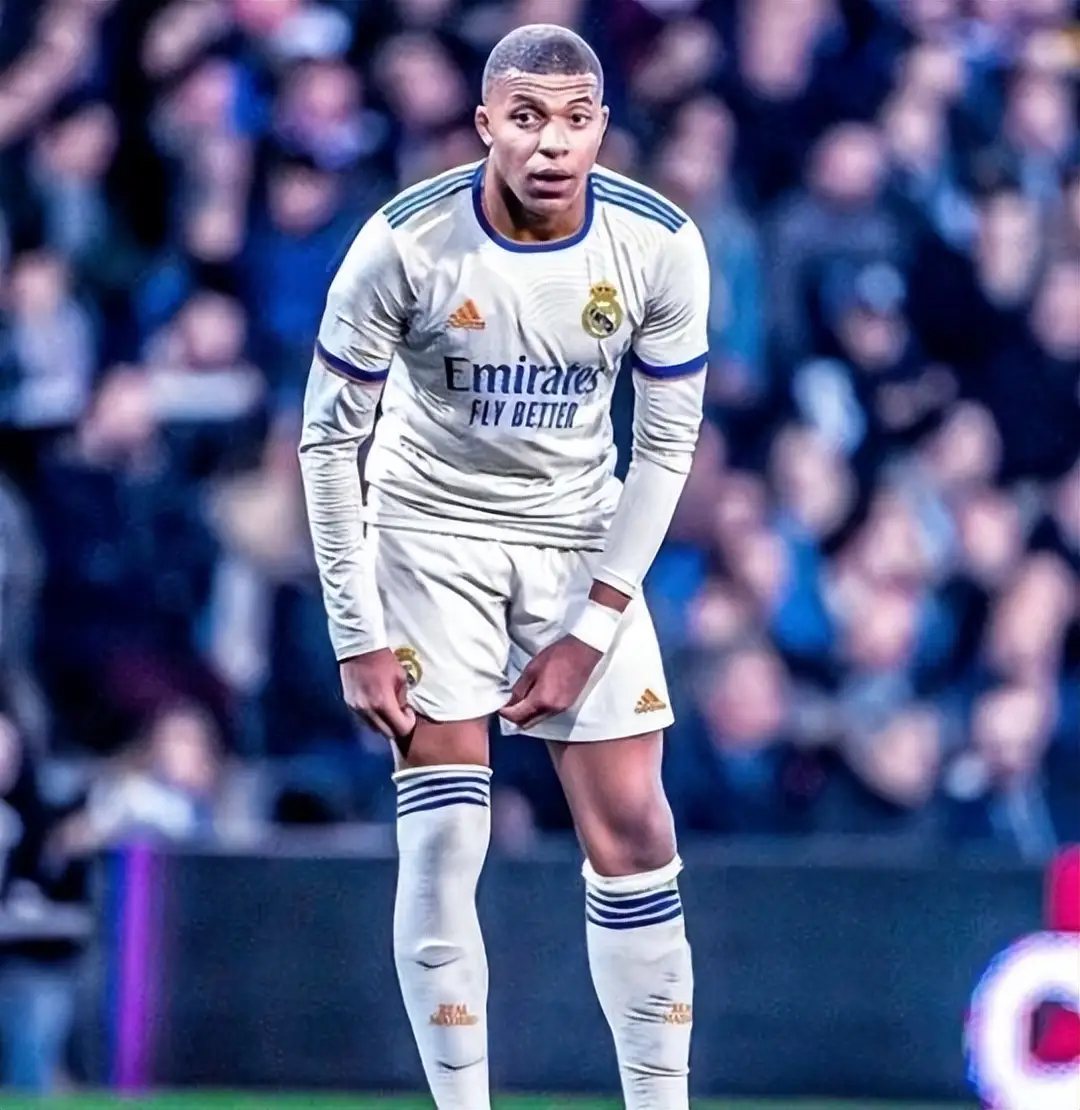
Vinícius Júnior and Jude Bellingham, however, are generally considered non-transferable. Vinícius has become increasingly important to Real Madrid’s attacking structure, using his speed and dribbling to thrive in counter-attacks. Last season, he contributed double-digit assists across all competitions. Bellingham, a recent young addition, has shown great potential with his control and passing abilities in midfield and is seen as a future cornerstone for Real Madrid.

In addition to Tchouaméni and Rodrygo, other players considered for potential sale include Ferland Mendy, Dani Ceballos, and Brahim Díaz. Mendy, a defender, is reliable, but Real Madrid has other options at his position. Ceballos, a midfielder with limited playing time, might be sold to streamline the squad. Brahim Díaz, still searching for a stable role in the lineup, could also be sold to bring in funds.
Future Direction
Real Madrid will trim the squad as part of the rebuild. This process will help fill financial gaps and optimize the squad structure. By selling players with uncertain roles, limited playing time, or salaries that don’t match their contributions, the club aims to create a leaner, more efficient roster. The funds raised from these sales could also be used to bring in players better suited to the club’s tactical needs.
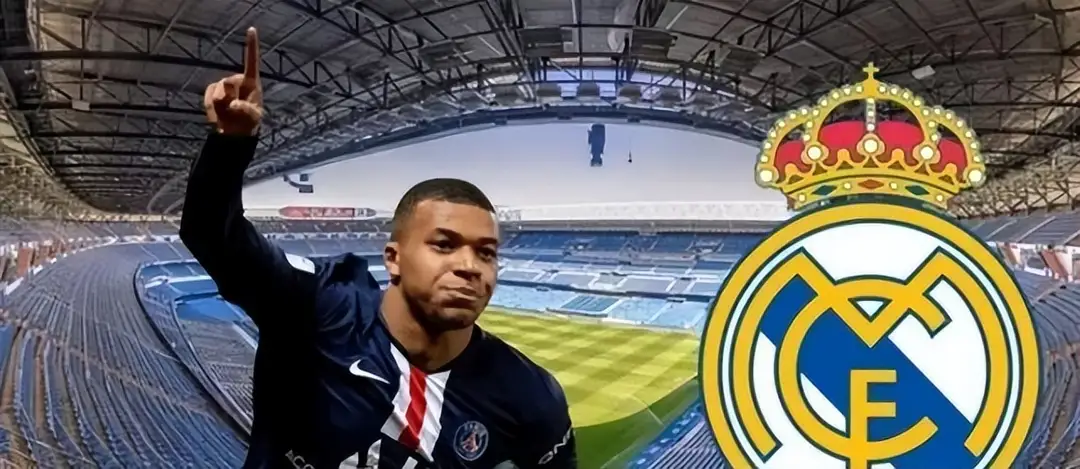
If Real Madrid underperforms in the Champions League, the rebuild process could intensify. The Champions League is crucial for Real Madrid, impacting both the club’s prestige and revenue. Winning the tournament comes with substantial prize money and broadcasting rights.

Should Real Madrid struggle in the Champions League, its revenue would suffer, pushing the club to accelerate player sales and the rebuilding process. This would have a significant impact on the fate of several players and the overall future direction of the club.









